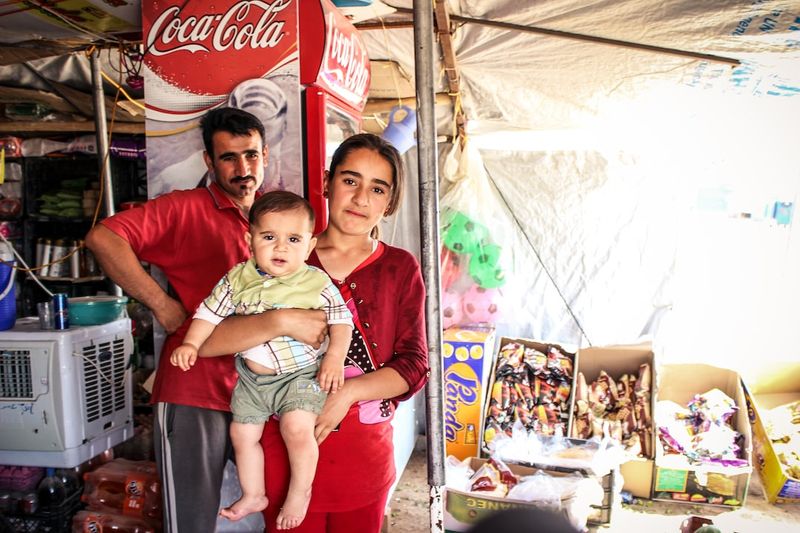Table of Contents
Australian Prime Minister Should Press Philippines to End Killings
Introduction
On Friday, Prime Minister Anthony Albanese of Australia will embark on a visit to the Philippines, marking the first visit by an Australian prime minister to the country in 20 years. While the trip is said to focus on defense, security, development, and education, it is imperative that Prime Minister Albanese takes the opportunity to address the pressing issue of human rights. The Philippines, under President Ferdinand Marcos Jr., continues to face serious human rights concerns, particularly in relation to the ongoing “war on drugs” and attacks against political activists. It is crucial that Prime Minister Albanese prioritizes addressing these rights issues during his visit.
War on Drugs and Lack of Accountability
Since taking office, President Marcos Jr. has inherited the controversial “war on drugs” initiated by his predecessor, Rodrigo Duterte. Shockingly, almost 400 killings of suspects have occurred under President Marcos Jr.’s watch. These killings, along with those that took place under Duterte, have been characterized by widespread impunity, with little to no domestic accountability. This lack of accountability has prompted the International Criminal Court (ICC) to investigate allegations of crimes against humanity committed during the “drug war,” as well as earlier killings by Duterte’s so-called Davao Death Squad.
It is essential that Prime Minister Albanese uses his visit to press President Marcos Jr. to put an end to this brutal policy and to fully cooperate with the ICC investigation. The Australian government must recognize that turning a blind eye to these human rights violations would be a grave mistake.
Attacks on Political Activists and Freedom of Speech
In addition to the “war on drugs,” attacks against political activists and freedom of speech remain rampant in the Philippines. Former senator Leila de Lima, a prominent critic of the “drug war,” has been unjustly held in police custody for over seven years on politically motivated charges. Just this week, armed men abducted two environmental activists who are now feared to have been forcibly disappeared.
Under the administration of President Marcos Jr., the dangerous practice of “red-tagging” has intensified. Activists deemed to be supporting communist insurgencies are targeted and labeled as such, exposing them to harassment, intimidation, and assault. Journalists, social media users, and teachers have all fallen victim to this labeling, with Vice President Sara Duterte, the daughter of the former president, leading the efforts. Prime Minister Albanese must use his visit to publicly and privately urge President Marcos Jr. to abandon red-tagging and to uphold freedom of speech. He should also advocate for the dropping of politically motivated charges against human rights defenders.
The Importance of Addressing Human Rights Concerns
It is crucial for the Australian government to recognize that deepening defense and security ties with the Philippines, while ignoring the country’s human rights concerns, would only undermine the principles of democracy and human rights. A security partnership with a nation that routinely violates basic human rights principles will ultimately provide little safety and security for anyone involved.
Prime Minister Albanese must understand that addressing human rights concerns should be at the center of any productive discussion on defense, security, development, and education. Through meaningful engagement on human rights issues, Australia has the opportunity to advocate for positive change and to contribute to a safer and more just environment in the Philippines.
Conclusion
As Prime Minister Anthony Albanese of Australia embarks on his visit to the Philippines, he must prioritize addressing the pressing human rights concerns in the country. The ongoing “war on drugs” and attacks on political activists underscore the urgent need for action. Prime Minister Albanese should use his visit to publicly and privately urge President Marcos Jr. to end the “war on drugs,” cooperate fully with the ICC investigation, and protect the rights of activists and freedom of speech. By doing so, Australia can play a vital role in promoting human rights and fostering a safer and more secure environment in the Philippines.

<< photo by Jonathan Ramalho >>
The image is for illustrative purposes only and does not depict the actual situation.